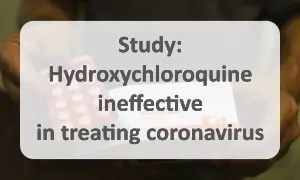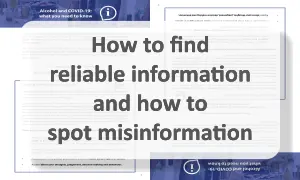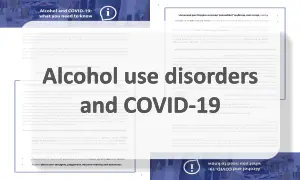Trump signs bill to help small businesses and health care providers

The $484 billion bill was the second government aid package signed into law.
On Friday afternoon, President Donald Trump signed a $484 billion bill to provide $484 billion in additional aid to small businesses and health care providers in the face of a coronavirus pandemic.
Yesterday, the U.S. House of Representatives passed the bill. "388 lawmakers voted in favor and 5 voted against. On Tuesday, the bill was unanimously approved by the Senate.
Most of the money would go to small businesses that did not receive help from the last package. Democrats have insisted that some of the money from the new $320 billion Paycheck Protection Program go to women- and minority-owned businesses or those without banks.

Under the program, if a company uses the money it receives to pay workers for the next two months, the government will cover the cost and the company won't have to pay the money back.
Launched on April 7, the program proved so popular that it ran out of money within days.
Republican Congressman Kevin Brady, speaking in support of the bill's passage, said the program "helps an estimated 1.6 million local businesses, impacting 30 million jobs in construction, retail, manufacturing, health care, hospitality, and services.
A Labor Department report released Thursday showed that another 4.4 million Americans were out of work last week. In all, the number of unemployed rose by 26 million during the shutdown.
Now, lawmakers are beginning negotiations on a second massive aid package. According to House Democratic Majority Leader Steny Hoyer, Democrats are pushing for the bill to include aid to states and localities that was not included in the previous initiative.
Senate Majority Leader Mitch McConnell on Wednesday urged extreme caution in allocating the next aid package.
At the time of the bill's signing, more than 870,000 people in the U.S. had been infected with the coronavirus and more than 50,000 had died, according to Johns Hopkins University.
Is Hydroxychloroquine Ineffective for Treatment of Coronavirus?
Study: Hydroxychloroquine ineffective in treating coronavirus. Mortality rate was higher in patients who took the drug A new study has found that the antimalarial drug hydroxychloroquine, which has been touted as a possible cure for coronavirus, is not only ineffective in treating the disease, but may also be associated with higher mortality rates. In early April, US President Donald Trump said the drug could make a "dramatic difference" for those infected with the coronavirus. This week, however, the Veterans Affairs Department and a team of scientists presented a study based on a review of data from 381 male patients that found patients who received hydroxychloroquine alone or in combination with the antibiotic azithromycin bore the disease more severely than those who were not given the drugs. Of the study participants, 97 took hydroxychloroquine, another 113 took both hydroxychloroquine and azithromycin, and 153 took neither. According to the study, 27 percent of…
How to find reliable information and how to spot misinformation
Seek trusted sources of information, such as WHO, national health authorities and your health professional. For updated information on COVID-19, check the WHO website. Always double-check the information you receive. Beware of websites and texts that use the same messages and have the same writing and overall style, as these are likely to be viral messages produced for mass distribution that are intended to mislead. Beware of false and misleading claims, particularly in relation to the effects of alcohol on health and immunity. Such claims should be categorically discounted as a source of health information as there is no evidence that…
Alcohol use disorders and COVID-19
Alcohol use disorders are characterized by heavy alcohol use and loss of control over alcohol intake. Although they are among the most prevalent mental disorders globally, they are also among the most stigmatized. People with an alcohol use disorder are at greater risk of COVID-19 not only because of the impact of alcohol on their health but also because they are more likely to experience homelessness or incarceration than other members of the population. It is therefore…


